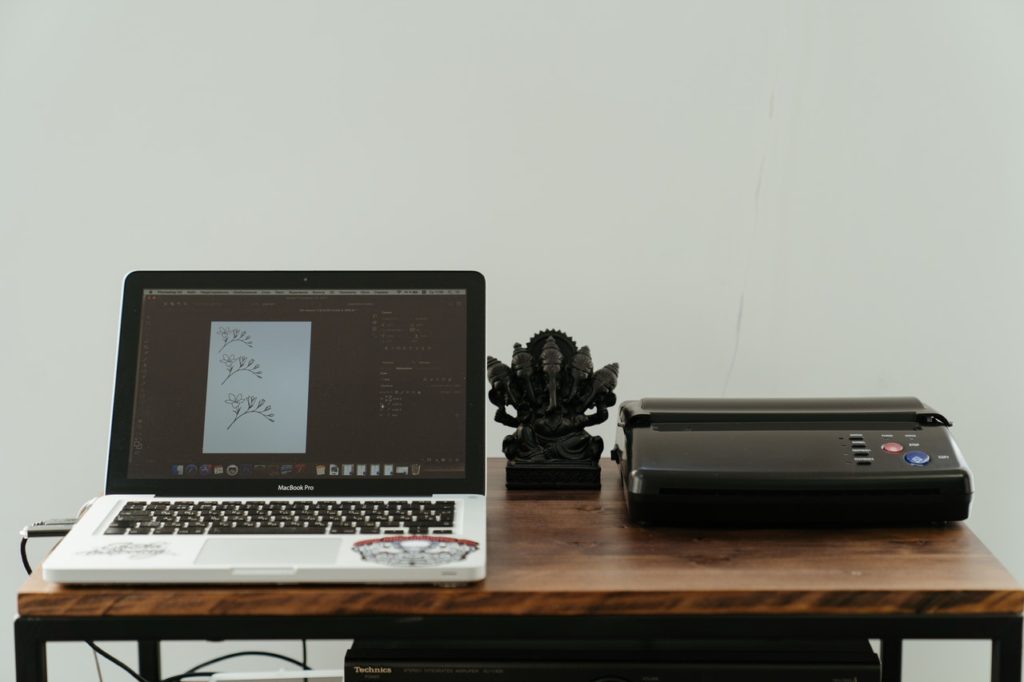Office equipment is one of the most expensive assets of a business. The initial cost of setting your office up with all the necessary equipment alone takes up a big chunk of capital. That said, it’s imperative that you know how to maintain your office equipment to make them last longer and reduce incidences of equipment failure. Aside from protecting your assets, proper maintenance of office equipment also helps your office avoid unnecessary delays in operations due to equipment breakdowns.
Apart from regular maintenance inspections, here are the best ways you can prolong your office equipment’s lifespan and avoid costly breakdowns.
- Always keep equipment clean
- Invest in high-quality cleaning equipment
- Employ proper placement of equipment
- Avoid covering cords and cables
- Schedule regular maintenance
- Set food & beverage rules in the office
- Read the instruction manuals
- Teach employees about the proper use of equipment
- Cover unused equipment
- Ensure proper ventilation
- Conclusion
Always keep equipment clean
Keeping office equipment clean does not only make them presentable, but it is also necessary to avoid unexpected failures. Computers, printers, scanners, photocopiers–every piece of office equipment should be regularly cleaned, especially those that are used frequently throughout the day. Moreover, maintenance staff must use the right cleaning tools for machines to prevent costly damage, particularly on the screens, buttons, and internal parts.
Invest in high-quality cleaning equipment
It’s easier to keep an office clean if you have the right tools to do it. As much as possible, invest in high-quality cleaning equipment that will get the job done effectively and efficiently. Not only does high-quality cleaning equipment make maintenance easy, but repairs also tend to be rare and sparse in between. For instance, if you buy a high-quality vacuum cleaner like Dyson, the need for repair is less frequent than a lower-quality one.
Employ proper placement of equipment
As much as possible, keep office machines in places where they will be less affected by sunlight, fluctuating temperatures, and possible accidents like spills or bumps. Similarly, avoid placing space heaters near office equipment to avoid overheating.
Avoid covering cords and cables
Placing cords and cables underneath the carpets can wear them out faster. Instead, place them along the walls where they won’t be affected by foot traffic.
Schedule regular maintenance
Preventive maintenance is the best type of maintenance, especially when it comes to office equipment that is necessary for the smooth flow of operations. Set regular maintenance schedules to check for small defects and signs of impending issues. Aside from helping ensure that your office machines are functioning as well as they should, regular maintenance will help catch problems early on and avoid costly repairs in the future.
Set food & beverage rules in the office
To avoid food or drink from accidentally damaging machines, set a rule that no one is allowed to eat or drink near office equipment.
Read the instruction manuals
Don’t brush off the instruction manuals when putting up new equipment. The manuals contain information on how to maintain the machines properly, as well as potential hazards that you must be aware of. If you encounter a problem with the machine, check the instruction manual before troubleshooting. You may inadvertently damage the equipment further otherwise. If you’re still in doubt, get a professional to fix the problem for you.
Teach employees about the proper use of equipment
One of the most common causes of office equipment damage is misuse. Avoid this perfectly preventable problem by teaching all employees how to properly use the office equipment, as well as what to do in case they encounter a problem with the machines.

Cover unused equipment
Unused equipment gathers dust and moisture over time. Keep them covered to prevent damage, especially if they are near windows.
Ensure proper ventilation
Office equipment can perform poorly or get damaged if the ventilation in your office is poor. Ensure that there is adequate air circulation in your office to keep the machines from overheating.
Conclusion
With these simple tips, you can prevent costly equipment repairs and replacements down the road. More importantly, you can avoid unnecessary delays in your employees’ work, which will directly affect their productivity.

